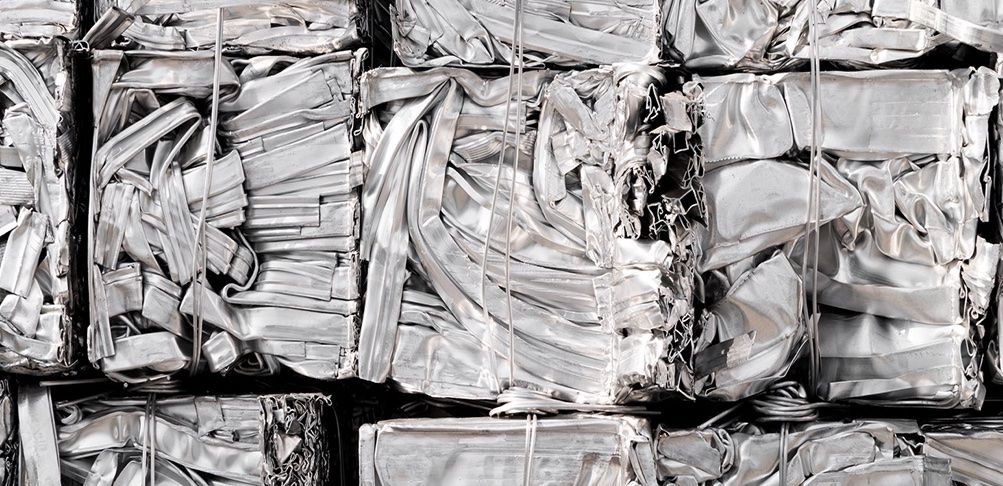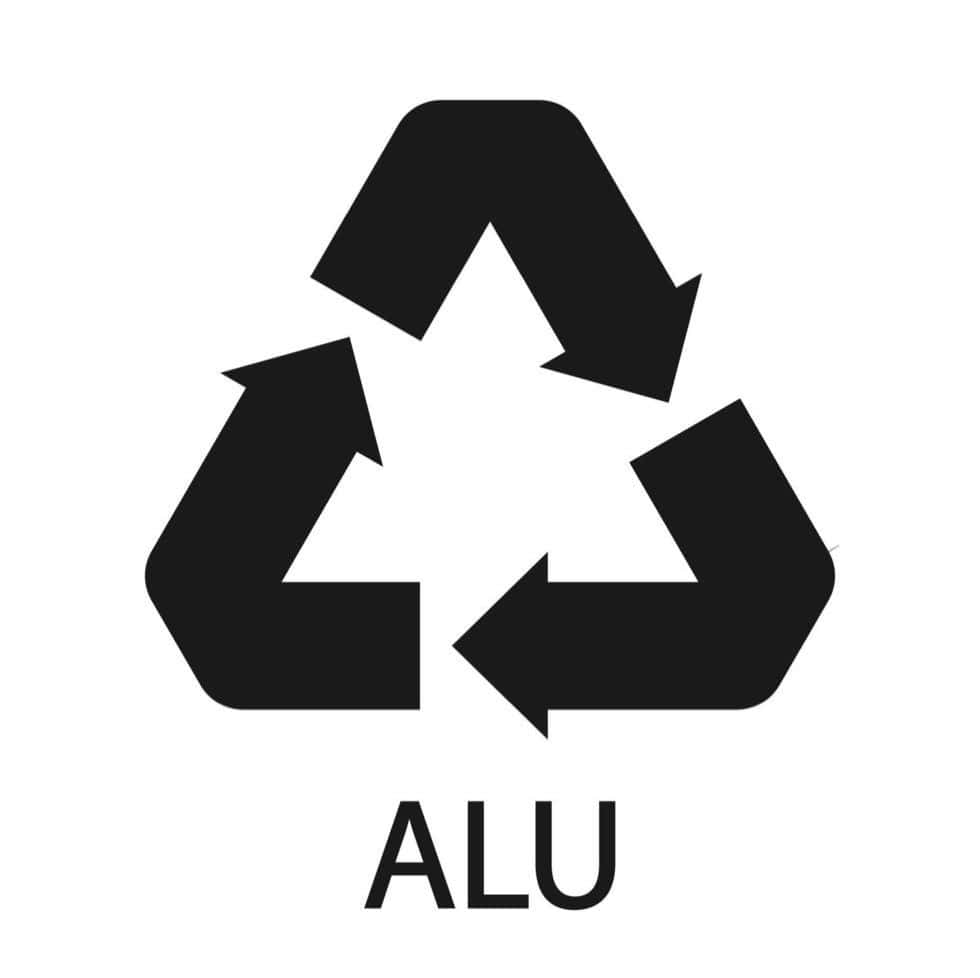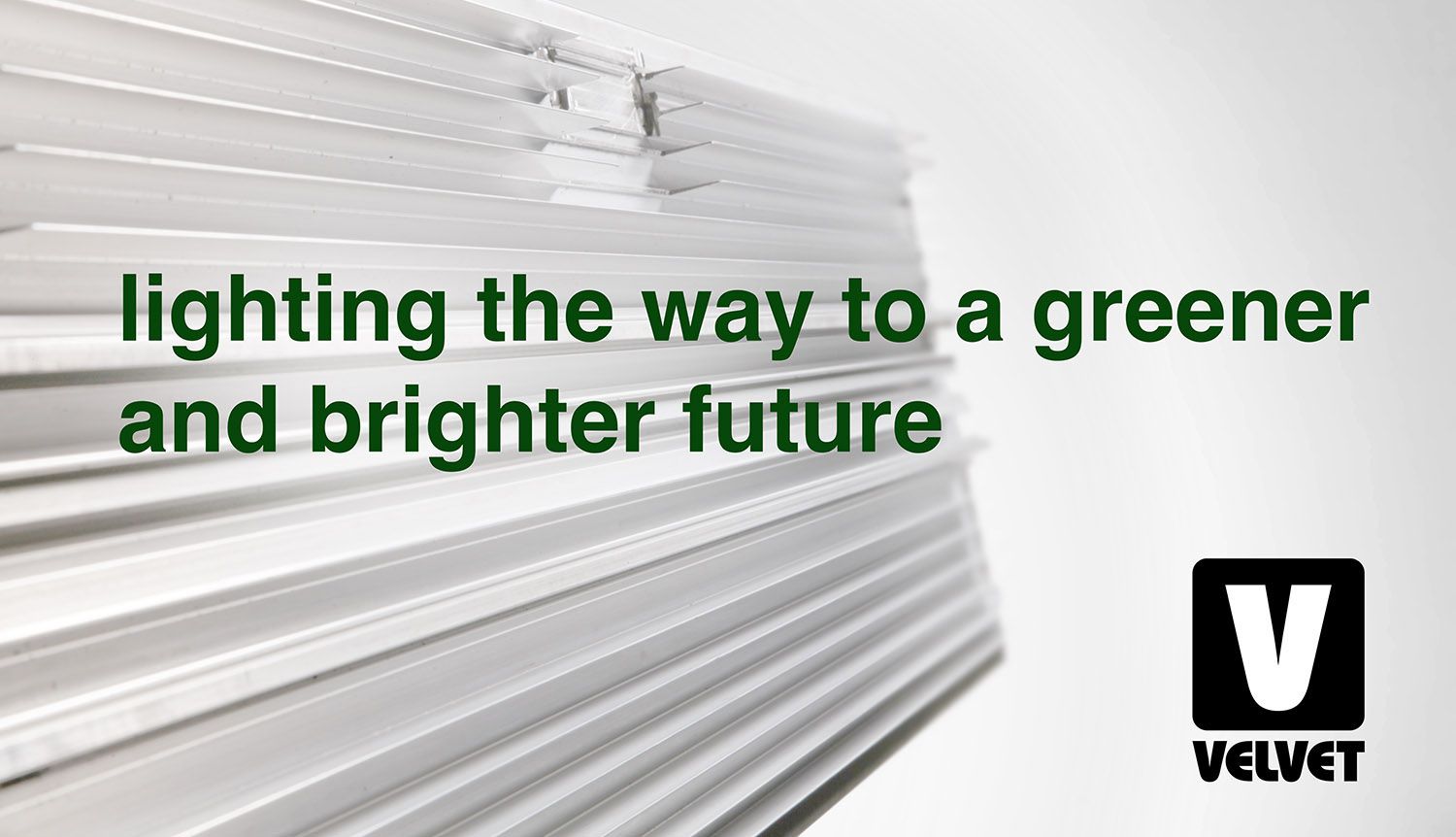VELVET radiant sustainability: the transformative benefits of low-carbon aluminum lighting fixtures
In an era where environmental consciousness is no longer a choice but a responsibility, VELVET is leading the way in revolutionizing the lighting industry by prioritizing sustainability.
As a pioneer European cinema and TV LED luminaires manufacturer, VELVET is committed to producing lighting fixtures that not only illuminate film and TV sets efficiently but also contribute to a greener future.
By integrating low-carbon recycled aluminum into their products, VELVET is setting a new standard for green illumination with a host of tangible benefits.
For six years now, the VELVET factory in Barcelona has been running only with energy from a green supplier. We have also incorporated various manufacturing and packaging processes using recycled materials to help reduce environmental impact. Our products are made entirely in our factory in Barcelona and most of our suppliers are local within a radius of less than 50 km. The rest of our manufacturing partners are European.
Our professional consumers, now more than ever, are conscious of the ecological footprint of the products they purchase. Lighting fixtures made with low-carbon aluminum appeal to this environmentally conscious base and also contribute to a real social responsibility. VELVET can proudly claim a more sustainable and environmentally friendly product “made to last”.
Utilizing low-carbon aluminum in lighting fixture manufacturing is a testament to VELVET’s commitment to circular economy principles. This approach not only conserves natural resources but also reduces the demand for new aluminum extraction, mitigating the ecological disruption caused by mining activities. By integrating recycled materials into our supply chain, we contribute to the creation of a closed-loop system, where products are designed with end-of-life considerations in mind, promoting sustainability throughout the product lifecycle.

Aluminum, renowned for its lightweight, robustness and corrosion-resistant properties, has long been a staple in the manufacturing of lighting fixtures. However, the conventional methods of aluminum extraction and transformation are energy-intensive and contribute substantially to greenhouse gas emissions. The advent of low-carbon aluminum seeks to address these environmental concerns, offering a greener alternative with numerous benefits:
2. Promote circular economy principles:

Aluminum, renowned for its lightweight, robustness and corrosion-resistant properties, has long been a staple in the manufacturing of lighting fixtures. However, the conventional methods of aluminum extraction and transformation are energy-intensive and contribute substantially to greenhouse gas emissions. The advent of low-carbon aluminum seeks to address these environmental concerns, offering a greener alternative with numerous benefits:











